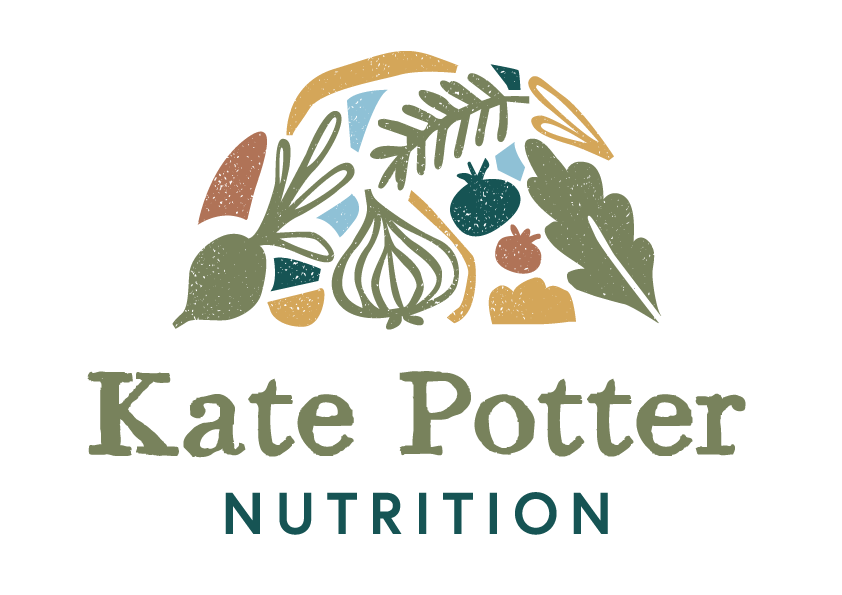Recipe inspiration: hot drinks
This can become a tricky area for people who are in the process of making certain changes to their diet, such as avoiding dairy and caffeine. Herbal tea bags aren’t for everyone.
Sometimes, making a hot drink can be more about carving out a bit of time for yourself, to reset your cortisol (fight or flight) levels and to stave off any sugar cravings, so important in autoimmunity.
These ingredients are all examples of polyphenols - plant foods that have anti-oxidant properties. Anti-oxidants repair damage to the body’s tissues that have been damaged by inflammation. So they are particularly valuable to those of us with autoimmune conditions.
Here are three suggestions, which can easily be adapted and experimented with. If you have recently moved to plant milks, I suggest you try lots of different types and brands, and give it time. It is often just a case of getting used to the different flavour.
1. Spiced cocoa: (plant) milk, cocoa powder, nutmeg, cinnamon
This is a recipe to try if you like hot chocolate but want something without sugar, or to add variety. Ensure you are using pure cocoa powder. Some have added sugar, or thickeners or preservatives that can damage the gut lining, increasing inflammation. The cinnamon is particularly good for blood sugar balance (out of kilter blood sugar levels can be one of the highest causes of inflammation in autoimmunity).
Warm a mug-sized quantity of milk in a pan gently. Add two tsps of cocoa powder, one tsp of cinnamon and grate in a small amount of nutmeg (to taste). Simmer for a few minutes then pour into your mug.
2. Turmeric latte: (plant) milk, turmeric, saffron, black pepper, cardamom
This drink is calming and restorative. If you are not used to turmeric, start at a lower dose as it has a strong flavour! Turmeric’s ability to reduce inflammation is well documented. Black pepper aids absorption. Saffron is being increasingly studied in the context of autoimmunity as it has been shown to reduce inflammation and regulate immune function.
Warm a mug-sized amount of milk gently. Add a quarter tsp of turmeric, three or four strands of saffron and a couple of grinds of black pepper. Bash two cardamom pods or make a small slit in them and add them to the pan. Simmer for five minutes then pour into your mug.
3. Ayurvedic digestive tea: 2 cups water, 1/4 inch piece fresh ginger root, 1/2 tsp fennel seeds, 1/2 tsp cinnamon, 2 cloves
This tea does as its name suggests, it aids digestion. It does this by stimulating the digestive juices. It is these juices that help to break down our food and also control the pH levels in our gut so that our digestive enzymes work correctly. Optimising this process reduces the risk of food intolerances, as our food is being processed in the way the body expects and therefore is less likely to trigger an immune reaction when it passes through the gut wall into the bloodstream.
In a saucepan bring the water to the boil, add all the spices, reduce the heat to low, cover and simmer for 10-15 minutes.
4. Miso tea: fermented brown rice miso paste
This is very simple to make directly in a mug, so good for first thing in the morning. It also does a good job of triggering the digestive juices, ready for breakfast, as well as containing good bacteria to keep the gut lining healthy.
Brown rice miso paste is available in many supermarkets and health food shops, so it should be easy to find.
Mix a teaspoon of miso paste with a mugful of hot water!
If you would like to know more about how our diet and lifestyle can impact our autoimmune conditions, please sign up to my newsletter here.
Or click here to find out more about working together.
